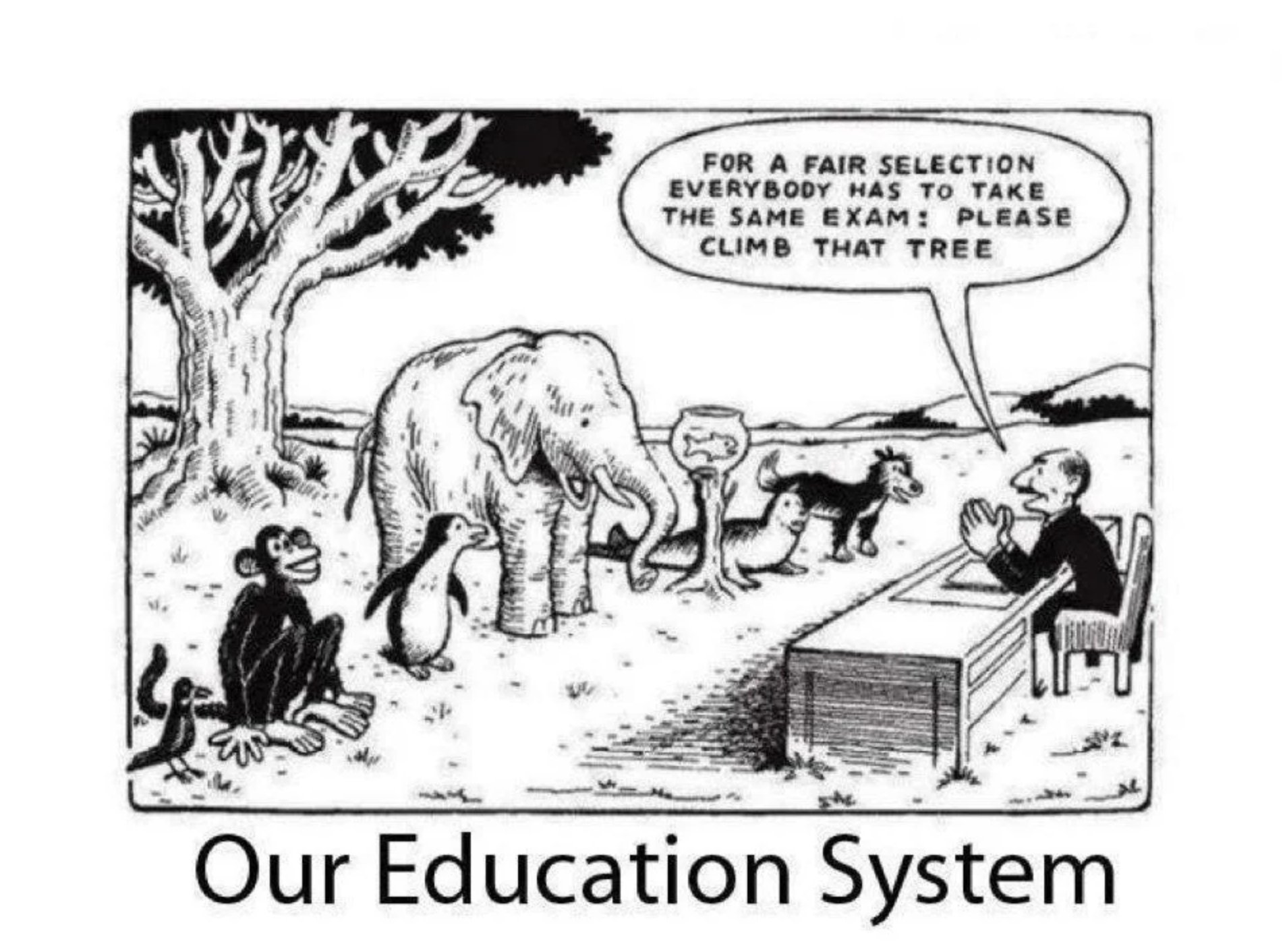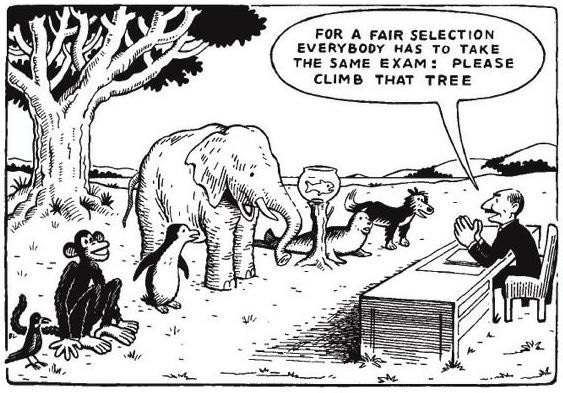Artificial intelligence (AI) is becoming one of the most important technologies of our time very quickly, and its effects on education are no different. In the past few years, AI has been used to come up with new ways to teach, customize educational content, and improve the educational infrastructure as a whole.
But artificial intelligence (AI) in the classroom hasn’t reached its full potential yet, and there’s still a lot to learn about how to use this technology to help students do better in school.
An exciting use of AI in teaching is the development of adaptive learning systems. To better serve each student, educators are increasingly turning to a form of individualized education known as “adaptive learning,” which makes use of technological tools to modify the traditional learning environment.
This may be accomplished in a number of ways, including by tailoring the difficulty of the content based on student performance data, providing detailed feedback, and recommending resources and activities that have the highest likelihood of improving the student’s performance. Adaptive learning has been found to significantly improve academic performance, especially for students who are struggling with the content.
Because of its antiquated nature, mass education currently causes more issues than it resolves. The existing educational system is also problematic since its curriculum was developed around the time of the industrial revolution. Human capital and original thinking is not developed; instead, employees are produced.
Another way that AI is being utilized to improve education is in the creation of intelligent tutoring systems. These systems employ AI algorithms to provide individual assistance to students as they go through a task. For example, an intelligent tutoring system might be able to tell when a student is having trouble understanding a certain idea and give them more information and explanations to help them learn.
Scientific studies have demonstrated the beneficial effects of such systems on pupils’ academic performance. Those who study best when working independently or at a distance may find them particularly useful.
Analytics backed by AI can also be used to sort through mountains of data on how well students do in order to find patterns and trends that could help teachers improve the way they teach. Chatbots and virtual assistants powered by AI may also be utilized to make sure that students, no matter where they are or what time it is, have access to the resources they need. As a result, individuals will always have access to assistance, regardless of their location or the time of day.
However, it should not be forgotten that incorporating AI into classrooms also raises crucial social and ethical concerns. As an example, it’s possible that AI systems will promote bias and discrimination. The potential for AI to replace human educators has also generated concerns about the impact on classroom instruction.
Educators, researchers, and other stakeholders may help mitigate these dangers by providing input on the design and implementation of AI for use in classrooms. Artificial intelligence systems also need to be transparent and straightforward so that educators and students can grasp the information and reasoning behind the system’s conclusions.
There is no denying that AI has the potential to revolutionize teaching and learning. However, it is crucial that the creation and implementation of AI in the classroom be guided by clearly defined ethical standards and carried out in close cooperation with educators, researchers, and other stakeholders. As this topic grows, it is important to learn how AI affects education and how to use it effectively and in responsible ways.




